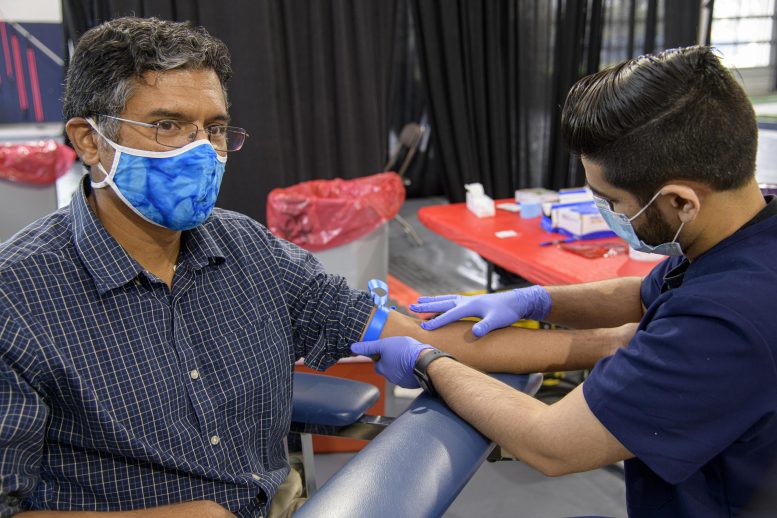
Deepta Bhattacharya, PhD, an associate professor of immunobiology at the UArizona College of Medicine – Tucson, gets blood drawn to take the antibody test he helped develop. Credit: University of Arizona Health Sciences, Kris Hanning
One of the most significant questions about the novel coronavirus is whether people who are infected are immune from reinfection and, if so, for how long.
To determine the answer, University of Arizona Health Sciences researchers studied the production of antibodies from a sample of nearly 6,000 people and found immunity persists for at least several months after being infected with SARS-CoV-2, the virus that causes COVID-19.
“We clearly see high-quality antibodies still being produced five to seven months after SARS-CoV-2 infection,” said Deepta Bhattacharya, PhD, associate professor, UArizona College of Medicine – Tucson, Department of Immunobiology. “Many concerns have been expressed about immunity against COVID-19 not lasting. We used this study to investigate that question and found immunity is stable for at least five months.”
The resulting paper, “Orthogonal SARS-CoV-2 Serological Assays Enable Surveillance of Low Prevalence Communities and Reveal Durable Humoral Immunity,” was published today (October 13, 2020) in the journal Immunity. Dr. Bhattacharya and Janko Nikolich-Zugich, MD, PhD, professor and head of the Department of Immunobiology, led the research team.
When a virus first infects cells, the immune system deploys short-lived plasma cells that produce antibodies to immediately fight the virus. Those antibodies appear in blood tests within 14 days of infection.
The second stage of the immune response is the creation of long-lived plasma cells, which produce high-quality antibodies that provide lasting immunity. Drs. Bhattacharya and Nikolich-Zugich tracked antibody levels over several months in people who tested positive for SARS-CoV-2 antibodies. They found SARS-CoV-2 antibodies are present in blood tests at viable levels for at least five to seven months, although they believe immunity lasts much longer.
“Whether antibodies provide lasting protection against SARS-CoV-2 has been one of the most difficult questions to answer,” said UArizona Health Sciences Senior Vice President Michael D. Dake, MD, who is a co-author on the paper. “This research not only has given us the ability to accurately test for antibodies against COVID-19, but also has armed us with the knowledge that lasting immunity is a reality.”
Earlier studies extrapolated antibody production from initial infections and suggested antibody levels drop quickly after infection, providing only short-term immunity. Dr. Bhattacharya believes those conclusions focused on short-lived plasma cells and failed to take into account long-lived plasma cells and the high-affinity antibodies they produce.
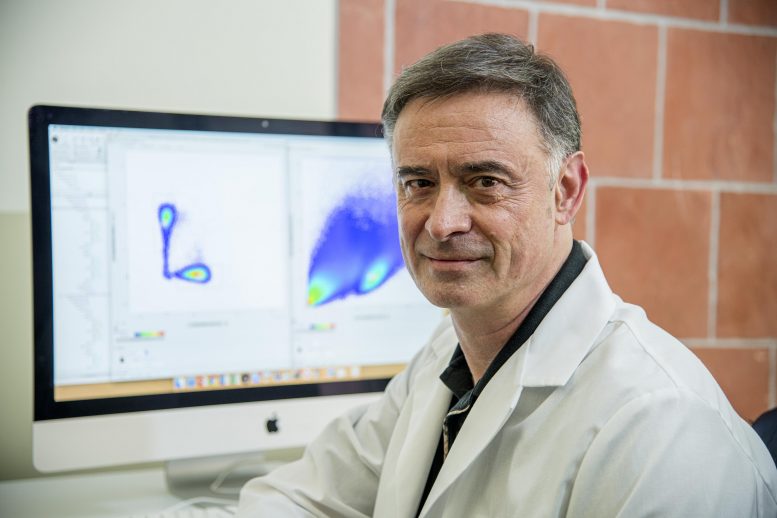
Janko Nikolich-Zugich, MD, PhD, and other University of Arizona Health Sciences researchers developed one of the most accurate COVID-19 antibody tests available and now have shown antibodies persist for months after infection, providing long-term immunity. Credit: University of Arizona Health Sciences, Kris Hanning
“The latest time-points we tracked in infected individuals were past seven months, so that is the longest period of time we can confirm immunity lasts,” Dr. Bhattacharya said. “That said, we know that people who were infected with the first SARS coronavirus, which is the most similar virus to SARS-CoV-2, are still seeing immunity 17 years after infection. If SARS-CoV-2 is anything like the first one, we expect antibodies to last at least two years, and it would be unlikely for anything much shorter.”
The study began when Drs. Nikolich-Zugich and Bhattacharya, both members of the UArizona BIO5 Institute, led a UArizona Health Sciences team that developed a blood test to check for SARS-CoV-2 antibodies. A partnership with the state led to 5,882 volunteers undergoing antibody testing in Pima County, Arizona, starting April 30. The testing efforts later were expanded statewide.
Since antibodies attach to viruses at more than one location, the UArizona Health Sciences test was developed employing two different parts of the SARS-CoV-2 virus – S1 and S2. Most tests look for antibodies at S1, which includes the receptor-binding domain wherein the spike protein binds to a protein receptor to infect cells. The UArizona Health Sciences test also analyzes the S2 region of the spike protein. Antibodies must be present in both locations for the test to be determined positive.
“When we began, the first test we developed was 99% accurate for measuring antibodies in one part of the virus,” Dr. Nikolich-Zugich said. “We decided to confirm, and hopefully improve, that accuracy level by looking at another part of the virus that makes antibodies independent of the first location. We then validated that test, knowing some people will make antibodies more consistently for one part of the virus than the other. We put the two tests together, and only people who show antibody production for both parts of the test are determined to be positive.”
The scientific verification of the high level of accuracy of the UArizona Health Sciences antibody test is the other finding highlighted in the Immunity paper. Of 5,882 tests completed, only one returned a false positive, a rate of less than .02%. The test received U.S. Food and Drug Administration emergency use authorization in August.
Dr. Nikolich-Zugich said the team now has tested almost 30,000 people. Antibody tests still are available for anyone in Arizona age 18 and older at multiple locations throughout the state. Visit covid19antibodytesting.arizona.edu for more information and to sign up for testing.
Reference: “Orthogonal SARS-CoV-2 Serological Assays Enable Surveillance of Low Prevalence Communities and Reveal Durable Humoral Immunity” by Tyler J. Ripperger, Jennifer L. Uhrlaub, Makiko Watanabe, Rachel Wong, Yvonne Castaneda, Hannah A. Pizzato, Mallory R. Thompson, Christine Bradshaw, Craig C. Weinkauf, Christian Bime, Heidi L. Erickson, Kenneth Knox, Billie Bixby, Sairam Parthasarathy, Sachin Chaudhary, Bhupinder Natt, Elaine Cristan, Tammer El Aini, Franz Rischard, Janet Campion, Madhav Chopra, Michael Insel, Afshin Sam, James L. Knepler, Andrew P. Capaldi, Catherine M. Spier, Michael D. Dake, Taylor Edwards, Matthew E. Kaplan, Serena Jain Scott, Cameron Hypes, Jarrod Mosier, David T. Harris, Bonnie J. La Fleur, Ryan Sprissler, Janko Nikolich-Žugich and Deepta Bhattacharya, 14 October 2020, Immunity.
DOI: 10.1016/j.immuni.2020.10.004

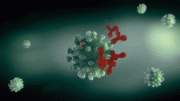
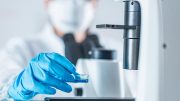

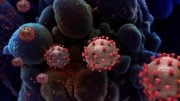
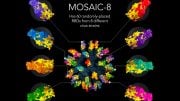
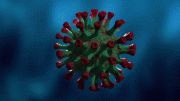
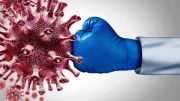
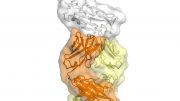
Interesting news, How do the researchers involved square this with the latest Lancet Report (https://www.thelancet.com/journals/laninf/article/PIIS1473-3099(20)30764-7/fulltext – “Genomic evidence for reinfection with SARS-CoV-2: a case study”)?